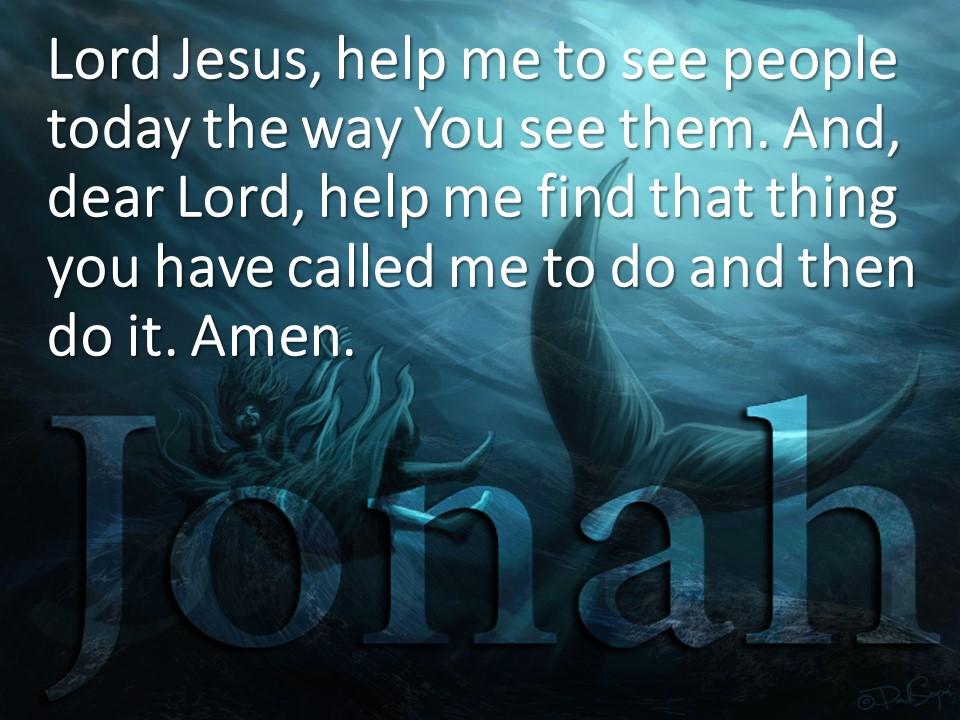
3 minute read
A Trans Faith Response Strategic Excellence Program for Pastors: Equipping Pastors to Become Excellent
Trans Faith: A Response
By Rev. William T. Young IV
Advertisement
was privileged to guide my previous congregations in the United Kingdom through the hard and bitter process of publicly affirming LGBTQIA+ relationships. In that journey, the most compelling arguments came from the youngest congregants. When I spoke candidly with them about the struggle of some of the older members and even my own, one of the youths said, “Just start with love.” Out of the mouths of babes…
I commend Dr. Bego for his article and strong affirmation of humanity, biblical integrity and holistic pastoral concern. These tools are necessary for people of faith to discern how radically inclusive the faith of Jesus truly is and what it means for our generation.
Raising the Ethiopian eunuch as a representative of social outcasts (sexual, gender or otherwise) deserves elaboration that the injunction to include them predates Jesus. Deuteronomic law originally banned eunuchs from the temple and branded them with the stereotype unclean. However, the radical initiative of prophets like Isaiah and Jeremiah was to expand God’s kingdom, and, thereby, calling for eunuchs to be included in the kingdom. Jeremiah, who incidentally was rescued by an Ethiopian eunuch (Jeremiah 38:6-13) further begs the question: What do you do when the one you have been taught to despise saves YOU?
The prophets’ radical initiative is the beautiful idea that, in eras of violence and imperial tedium, God’s way is to expand the “KinDom.” Unfortunately, traditional biblical sexual ethics have errantly begun with Sodom and Gomorrah (destroyed for lack of hospitality, not for sexual impropriety) rather than the prophets. This has
Iproduced tragic consequences that has left the church preaching and living our learned opinions and behaviors, but not thoroughly revolutionized by Love.
As the proud pastor of one of the few publicly Affirming and Welcoming African-American churches in the nation, with a painful history of its growth into the inclusive process, we understand that a church’s public move toward becoming an inclusive ministry is not without internal loss and external alienation. The journey, however, is a fruitful engagement in the long run. In fact, some of the most faithful and engaged members of Covenant Baptist are transgender, and we support the Wanda Alston Foundation, which shelters and supports homeless LGBTQIA+ youth who are estranged from their families.
Dave Chappell’s routine is evidence against the popular criticism that, in being allies to our LGBTQIA+ siblings, Christians are merely
following the way of the world. On the contrary, affirming a truly inclusive society is not everyone’s dream out “in the world.” Unfortunately, Chappell (whose roots include a great grandfather who was a revolutionary black preacher and an AME Bishop in the 19th century) chose to weave words that ridicule and entertain, rather than generate a revolutionary conversation on how “the other” is branded and disinherited in our society.
Some of our church members, although they are comfortable in a congregation that affirms their being, shows God’s love for them and blesses them, felt alienated by Chappell’s words. I believe God is calling the 21st-century church, already tainted by violence, prejudice and distractions, to an inclusive ethic that honors the revolutionary nature of Jesus and the missio Dei. We are called to use a new language and to renew our commitment to allow God to transform our heart. This language is framed by grace as old as the Torah to not only welcome the stranger, but also to include the stranger into one God-family.
Recently, while in conversation with a group of preachers wrestling with this very issue, someone asked, “How far must the church go in accepting just anything?” My response is this: The church doesn’t set the boundaries. That role belongs to Jesus alone!
Finally, to paraphrase a sermon by Bishop Claude Alexander of Charlotte, North Carolina, God’s love is not two dimensional or three dimensional. God’s love is four dimensional (Ephesians 3:18-19)! The work of the church is to always manifest God’s four-dimensional love. Christianity always gives special place to the marginalized because Christ spent his life with and gave his life for them.
I encourage us all to just start with love — infinitely long, wide, high and deep, surpassing everything anyone previously experienced.
Rev. William T. Young IV is the Pastor of Covenant Baptist UCC in Washington, D.C. (wyoung@covenantdc.org).

This Photo by Unknown Author is licensed under CC BY-NC-ND.
April/May 2022 | Capital Baptist Newsletter 20


VIRTUAL REGISTRATION









